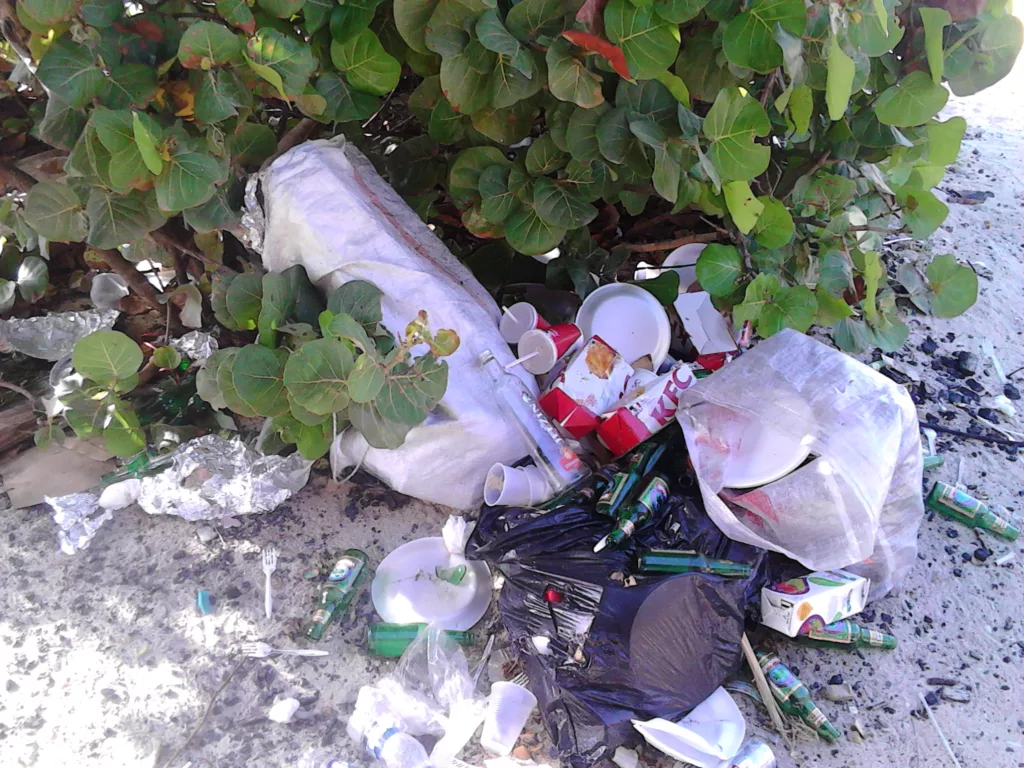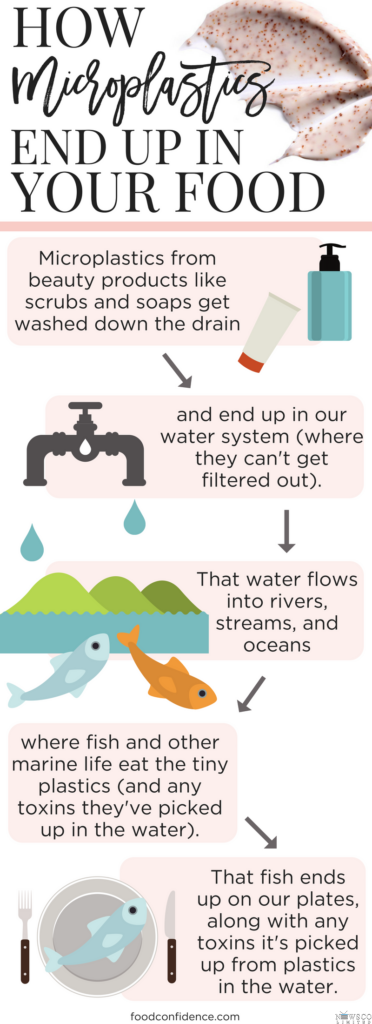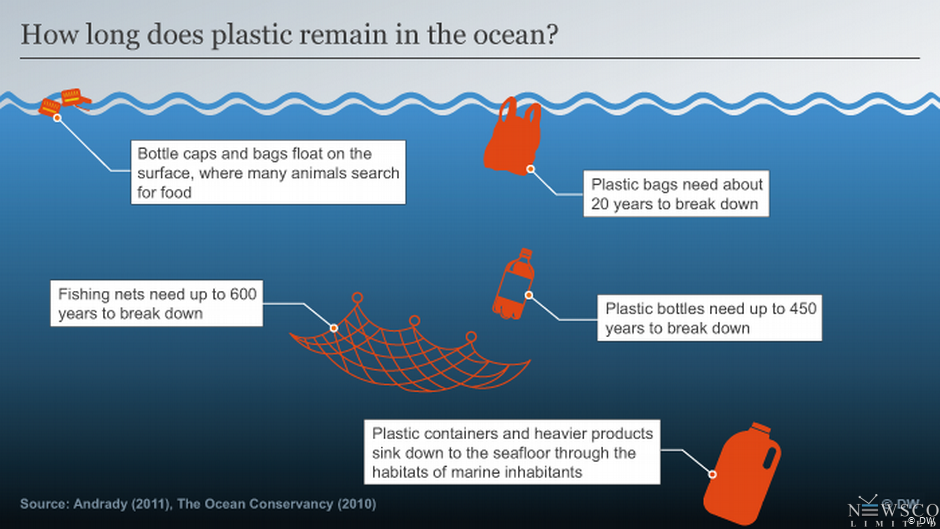The chosen focus for this year’s World Environment Day is finding solutions to plastic pollution under the campaign #BeatPlasticPollution. Every year, 430 million metric tons of plastic is produced worldwide, most of which becomes waste after just one use. If we continue business as usual, plastic could produce 19 percent of greenhouse gas emissions by 2040, which would push us further away from the goal of limiting global warming to 1.5°C.
Put simply, plastic pollution is a threat to all life on Earth. Unable to distinguish between plastics and their regular food sources, dolphins, whales, fish, birds, and other animals unwittingly consume plastic waste. Of course, their digestive systems aren’t designed to break down these synthetic materials, and the fact that they biodegrade at a glacial pace makes things worse. Their stomachs become filled with plastic over time, eventually causing starvation once they reach a point where they can’t intake nutrients. There was a recent incident in which a dead whale was found with over 88 pounds of plastic in its stomach! UNESCO has estimated that approximately 100,000 marine mammals die because of plastic pollution annually. Humans aren’t immune; microplastics (often too small for the human eye to see) find their way into our bodies through the water we drink, and even through personal healthcare products like toothpaste and facial scrubs. Our bodies, too, aren’t designed to properly deal with plastic accumulation. And just imagine, many plastics that we use without even a second thought will take even beyond the lifespans of our great-grandchildren to degrade.

Many nations depend on the fishing industry, both for their economies and to provide a form of food security for their citizens. The plastic pollution problem, without a doubt, puts these industries in jeopardy, causing much lower yields than expected. Island nations, such as Antigua and Barbuda, are especially vulnerable to the effects of plastic pollution. The fishing industry often is a major, if not the main source of income and food security for these islands.
What can we do to help fight plastic pollution? The ‘conveniences’ of plastic have caused it to be integrated into practically every aspect of our lives. Adaptation is necessary, and a change would not be possible overnight. We would have to lessen our dependency on it as we find suitable alternatives that have far lower environmental impacts, and it will take some creativity. It will take time, and it will require buy-in from everyone.
We can reduce our use of single-use plastics. These include straws, plastic bags, takeout utensils, and containers. If you don’t need it, why not refuse it? For instance, something as simple as refusing to use plastic straws when you’re eating out can help. Also, bringing your own takeaway containers if you anticipate that there might be leftovers, could be a good practice to cultivate.


Reduced demand for plastic products forces businesses to adapt their purchasing habits; if they’re no longer stocking up on containers and other utensils specifically made of plastic, we would have helped to alleviate the problem, even by a little bit. Instead of buying water in single use bottles, why not invest in reusable water bottles, and if possible, a water filter? We can also find ways to reuse plastic bottles and other containers rather than disposing of them after one use. Once their use has been stretched to the limit, ensure to recycle them in the proper manner.
In general, we should make the motto ‘Reduce, reuse, recycle’ a part of our everyday lives. It’s time for us to take a stand to care for the Earth. A healthy Earth means a healthy us.

